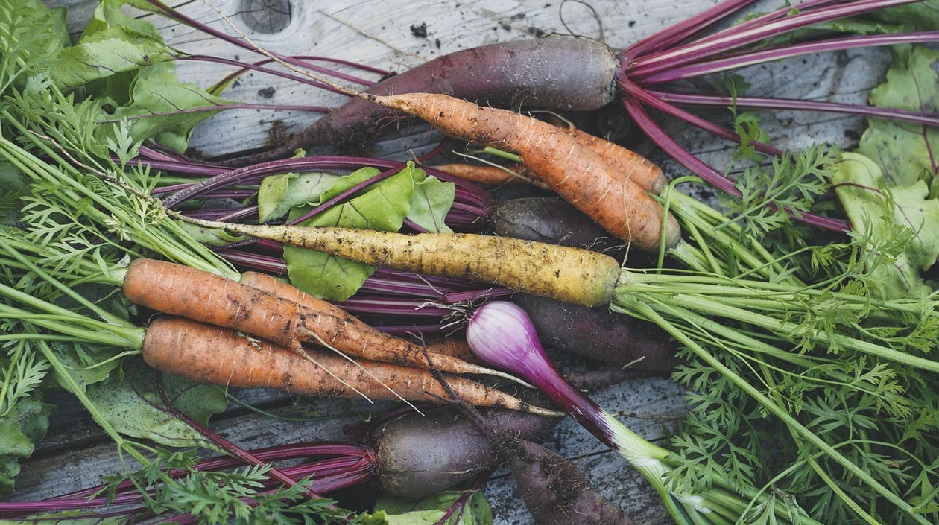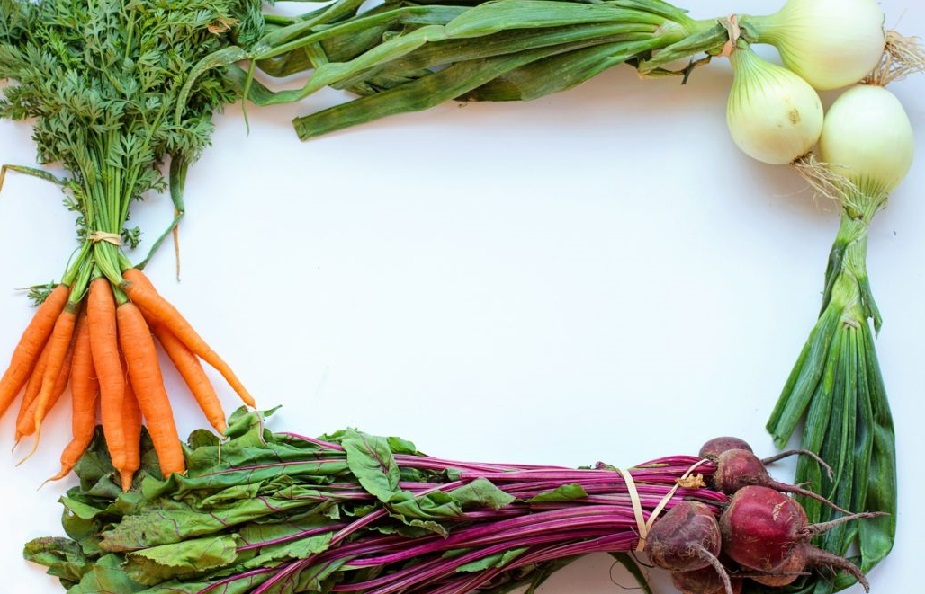In recent decades there has been a huge growth in health concerns, so people have begun to invest in healthier eating. This change in behavior led to the development of new production techniques in agriculture, which culminated in the production of organic foods. Although this type of food still sounds a little strange to the majority of the population, a significant number of people in Brazil and around the world have already discovered the benefits of purchasing organic products.
But what is the difference between organic and non-organic foods as well as the pros and cons of organic food? Unlike conventional foods, organic products use specific, environmentally friendly techniques throughout their production process.
In addition, they also target the quality of the food, as no pesticides or any other kind of product are used – such as chemical fertilizers that may harm the health of those who consume the food. That is, they are obtained more naturally, so they are healthier and even more tasty and nutritious.

But what are the advantages and disadvantages of organic food? Check it out below!
Benefits
They are clean, healthy products and their cultivation is done in a system that respects nature, the preservation of natural resources and the food itself.
Organic ones are more tasty. Because they do not use pesticides in their production, their taste and aroma are more real and intense, and are more nutritious.
They are more than simple foods without pesticides. They respect, through their production, the balanced use of soil and natural resources such as water, plants, animals and insects, conserving them in the long run.
Animal products such as meat, milk and eggs can also be organic. They are called this when the use of antibiotics is avoided and there is no use of growth hormones.
Secure meats: Organic animal husbandry happens to allow them to produce with no use of the antibiotics, hormones or pesticide-treated foods.
The consumption of organic meat means that you can minimize your exposure to pesticides and antibiotic resistant bacteria. You can get the detail information of pros and cons of organic meat online.
Organic products must be certified with a certification seal, provided by the independent Organic Farming Associations. The certification seal is the guarantee of the consumer to be purchasing healthier products and free from any toxic waste.

Disadvantages
The appearance of these foods is not as good as conventional foods, because cultivation is natural, and generally foods tend to be smaller with less flashy colors. The bark may be stained due to insect attacks.
If you are cooking traditionally produced meat, be sure to remove the fat and skin before it, to remove residual pesticides stored in the tissues.
The main disadvantages of organic food are a bit more expensive than conventional ones. The cost is due to various factors such as the type of production, the size of the cultivated area (food is produced on a smaller scale) and the cost of labor. That is, the total cost can be up to 40% more expensive than in traditional agriculture. Therefore, it pays more to buy organic foods.
